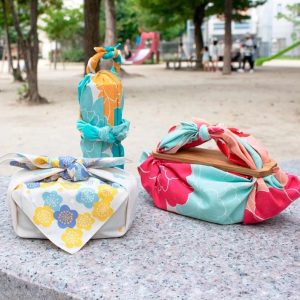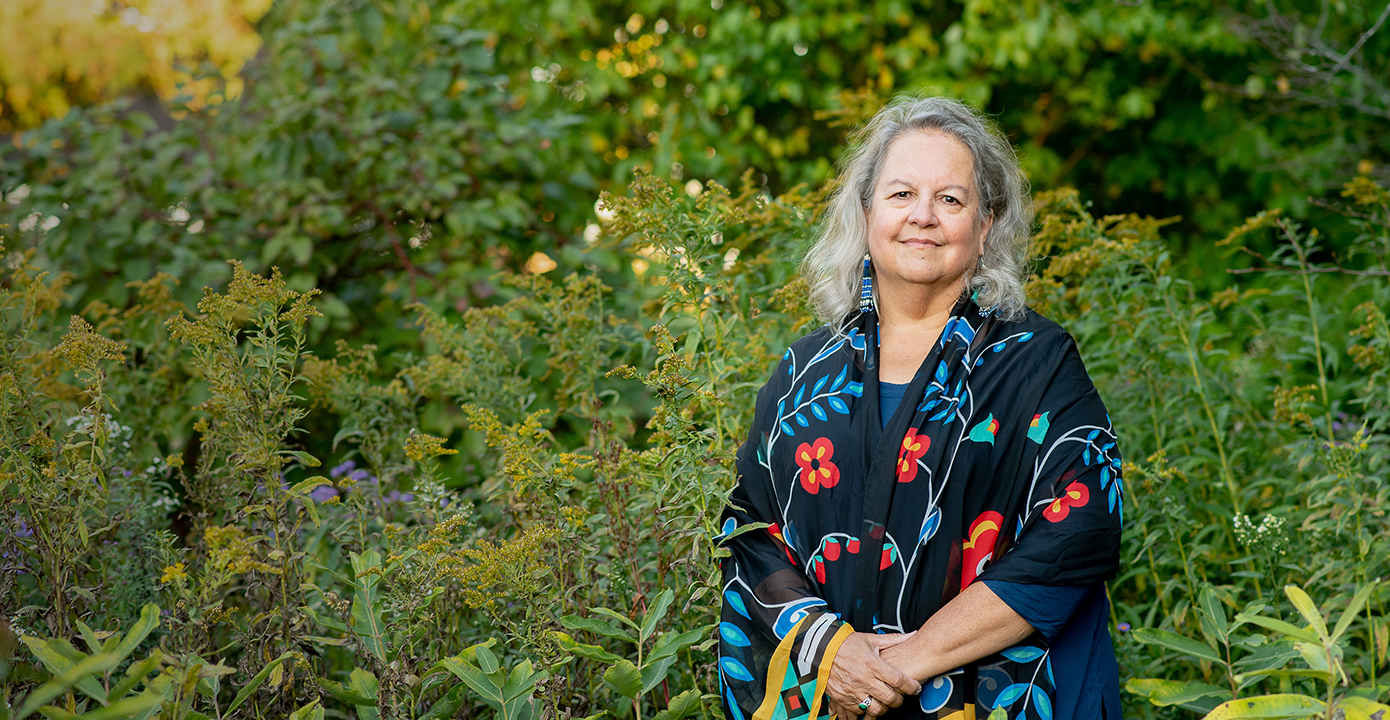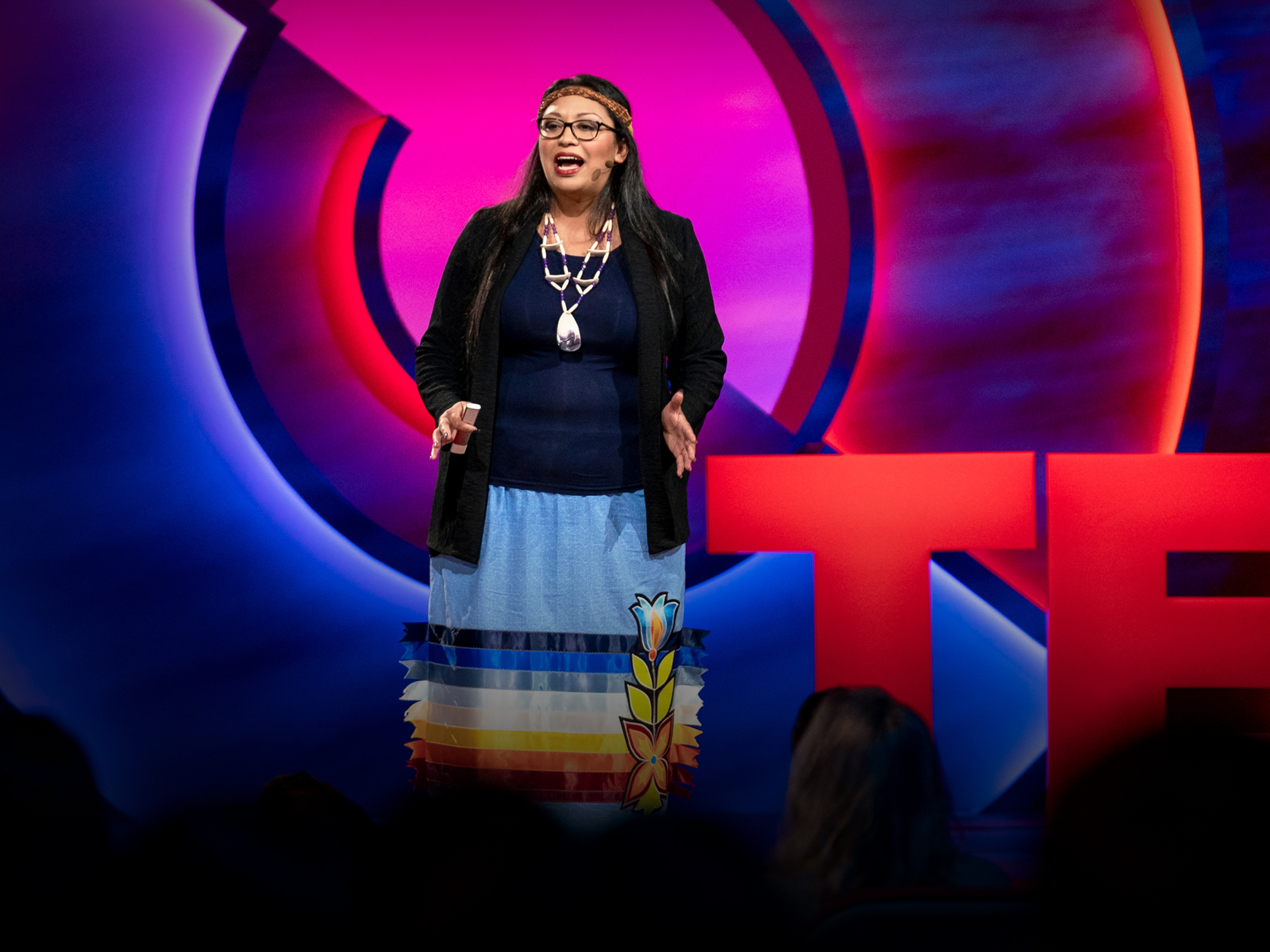As I have begun to think more sustainably, a problem that I was recently prompted with was the issue of gift giving during holidays and its implications on sustainability. Gift-giving, especially during the holiday season of December, is such an integral part of American culture. In fact, the EPA estimates that waste goes up 25% during the holiday season (EPA). Growing up celebrating Christmas, I got plenty of gifts every year. I never really questioned this practice; I’ve always embraced it. That was, until, I was confronted with the harsh realities of how harmful consumerism really is for Earth and marginalized peoples across the world. Now, buying and receiving gifts inevitably comes with feelings of guilt.
I don’t think anyone would deny the joy of giving and receiving gifts. It would be unreasonable, and frankly sad, if we just stopped giving gifts altogether. A shift must be made, rather, in how gifts are given. Upon thinking about this further I came to the conclusion that the two main options we have are as follows: making gifts and/or thrifting gifts.
Thrifting is a great option. Thrifting gifts gives us the peace of mind knowing nothing new is being made, it’s just reusing old stuff. Thrifting is especially relevant in the realm of fashion but it can apply to other items too. One can find empty picture frames, artwork, furniture, electronics, kitchenware, and more at thrift shops such as Goodwill. Goodwill’s manager of sustainability, Brittany Dickinson, claims that Goodwill receives billions of pounds of donations every year, so there are plenty of options to choose from (Chiu 2023)!
Making gifts is also a wonderful option. This year, instead of buying cards from the Hallmark store for Christmas, I decided to write notes with penCIL and paper. I found the process to be more enjoyable and more wholesome, really. In my personal experience, I like to receive notes as well. It’s always more meaningful to get something handmade as opposed to a generic card with a signed name. To me, it’s a demonstration of care. I think I will continue this tradition. When it comes to packaging the gifts I didn’t want to use wrapping paper. Solutions to the wrapping problem can come in many forms depending on the gift(s) you have. Some, like the North London Waste Authority, choose to wrap their gifts in re-usable fabrics using a traditional Japanese method known as furoshiki or opt out of the wrapping process as a whole and send their gift recipients on a scavenger hunt! I got one person a mug and some other small gifts so I was able to fit it all into the mug and the mug acted as a container to hold the gifts. I wrote a little card, folded it up and placed it inside the mug for a cute presentation! I think avoiding waste ultimately comes down to being creative and working with what you already have.

I think many people aren’t even aware of the harm that their shopping and consumerism has on the earth. Maybe upon learning this they’ll be inspired to change, as I was. The main point is that there are alternatives. Maybe not every gift can be thrifted or made but I’m sure out of all the gifts one gives in a year at least a few of them could. Ultimately, our culture as a whole must change, and this is just the beginning of that journey!
References:
Chiu, A. (2023, January 4). How to donate clothes without wasting them — and hurting the environment. The Washington Post. https://www.washingtonpost.com/climate-solutions/2023/01/04/how-to-donate-clothes-waste-environment/
United States Environmental Protection Agency. (n.d.). Reduce, Reuse, Recycle Holidays. Archived from https://archive.epa.gov/students/web/html/holiday.html
North London Waste Authority. (n.d.). Eco-friendly Alternatives to Wrapping Paper. Retrieved from https://www.nlwa.gov.uk/article/eco-friendly-alternatives-wrapping-paper

